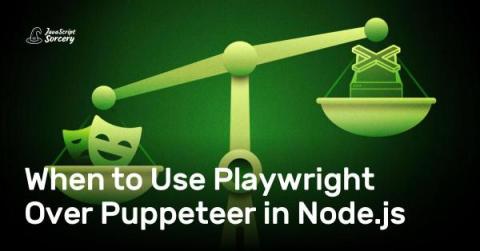How To Reduce Reductions in Elixir
In this article, we'll show how you can use Elixir's profile.eprof mix task to evaluate and improve code performance in your Elixir application. You'll see how we used the profiling mix task to lower reductions in our instrument/3 function and custom instrumentation functionality, both key parts of our Elixir integration.









